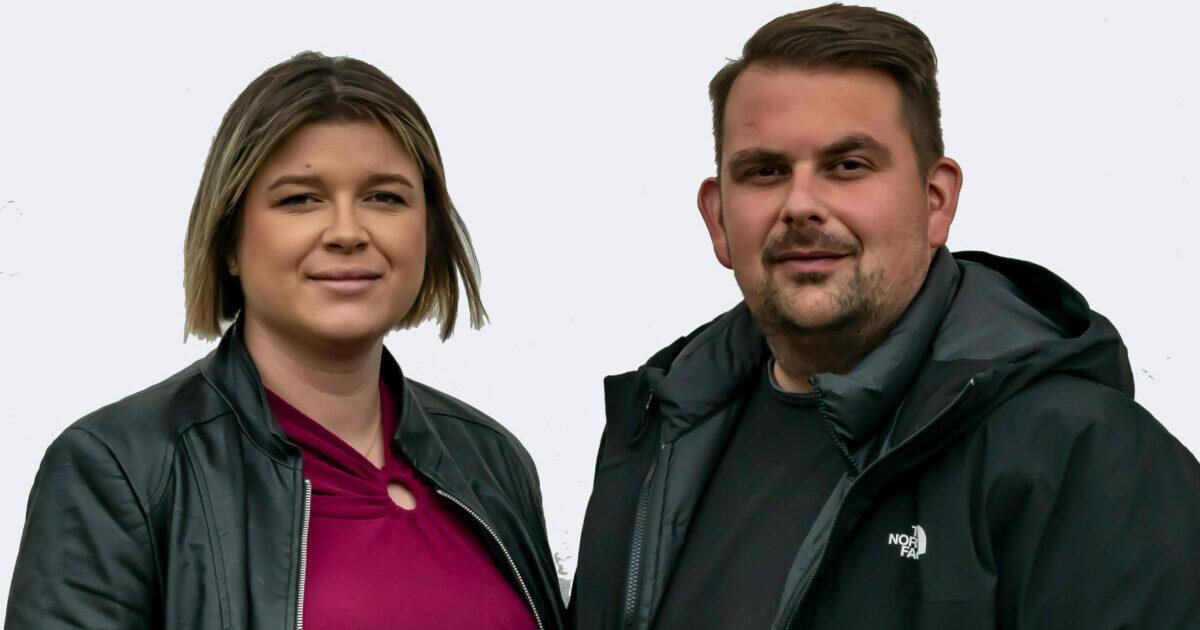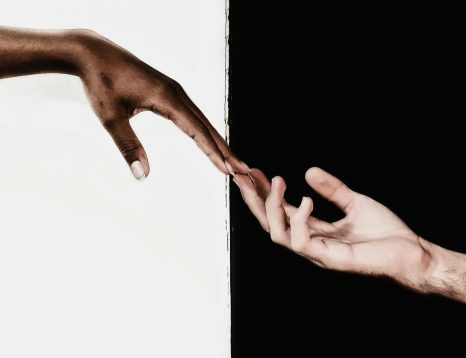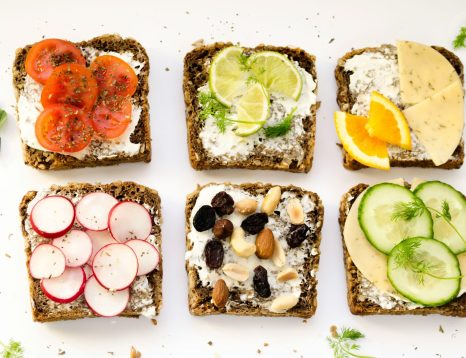
My name is Despina Koutroulis, my origin is from Agios Efstratios, but I moved to Agios Mamas when, with my husband, Dimitris Koulas, we took over the olive groves. My husband is a third generation grower, he comes from a family that traditionally deals with olive groves. In addition to the part of cultivation, we deal with cottage industry, which is the processing of a certain amount of olives by the producers themselves. We do the processing and standardization and then the product is available in the wholesale and retail market. Of course, the amount of available products with a name, on the market through home improvement, is specific. The remaining quantity can be sold directly through the producer in any quantity desired by the consumer. That is, the remaining quantity cannot be made available on the market, except by direct sale and producer invoice.
How did the idea come about?
The idea came about because we needed to do something to promote our product.
How long have you been doing this?
As a farmer, I started cultivating the olive groves in 2017. Of course, I have been involved in this profession for many more years, as I helped my grandfather and father, before I took over the olive groves and it became my main profession. Despina entered the young farmers program in 2020 which was approved and the cottage industry, which started operating from 2022, is in her own name and the brand name with which we go to the market is Koulas Family.
What is the process of producing and selling the product?
First of all, for there to be a production process, the tree must be able to produce olives, which requires a huge process to get to this point. After the olive has arrived, it must be sorted to be divided into categories. It is then divided as to which ones will go for green and which ones will go for black. Finally, there are the reeds, which must be blackened first and then their processing begins. Ewe, in the home industry, we process the black oness, reeds and natural greens. The rest of the green, the processing them and their nucleation, It is made from partner factories. The first is called ARI foods and the second his name is Joachim Chinas Olives. Nouns, we started something from which we also have olive brokerage, that is, the producers bring us the olive and we, in turn, make it available to these metaiswear words.
Pio are the types of products where you pack and where we can find them;
The types we pack are Halkidiki raisins, black or plain, and we make two other codes of this olive with oregano and paprika/bukovo, slightly hot. We make simple reed paste and reed paste with garlic pvacuum packed and in a jar, reed washer, green washer and stuffed green olives, all natural. In the fillings, we have three varieties at the moment, with garlic, almond and chili and of course any other filling requested. In wholesale, we have cane and green olives in large packages which are available in stores.
What difficulties have you faced so far?
The biggest difficulty is the cost to set up such a business, if that is overcome and the capital is found, the next difficulty is the market to be found and finally the competition which is great. Personally, I put the competition as the third difficulty, because it goes according to the product. If you know you have a good product you can compete, if your product is not that good, you cannot be competitive in the market and of course prices play a big role.
How eco-friendly is it?
It is ecological because our processing is done only with water, salt and vinegar, which is why we mentioned above that the olives are natural, because they do not produce sewage. This part has been undertaken by the collaborating factories that process the green olive.
How do you see the business in the future?
We want it to grow, to leave the part of domestic engineering and become a factory where we will have no restrictions on quantities and be able to employ more staff.
Thank you very much.
We thank you too.










